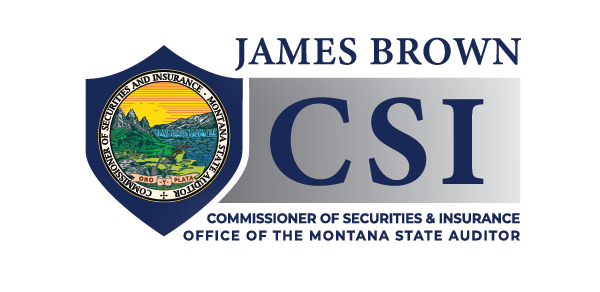
OP-EDS
The Unaffordable Care Act: Rate hikes are coming
Montanans are about to face another steep increase in health insurance premiums — some plans may see costs rise by more than 20%. This increase will hit our small businesses, working families, and self-employed ranchers. In short, the people who need affordable health care most.
The primary culprit is the Affordable Care Act (ACA), a federal law that was supposed to make health care more affordable. Instead, the ACA has done the opposite. Under current law, Montana can review the filings and demand customer transparency — but the state cannot stop increases from taking effect, no matter how harmful they are for Montanan citizens.
The cold hard truth is that since enactment of the Unaffordable Care Act, single coverage has risen 60%, while family plans have gone up to a whopping 58%. That is far from affordable as was promised by the Obama administration. If automobiles followed the same trends a base model F-150 would be $72,000. And no, it wouldn’t come with a gold-plated steering wheel.
It’s clear: Washington built a system that was never sustainable and, worse, has taken authority away from states to effectively control rate hikes. While my office doesn’t have the authority to set rates, I can sound the warning alarm to hard-working Montanans and, in turn, assist them in finding the most affordable insurance plan. So, what can you do if you have ACA insurance?
Looking ahead, I recommend that you:
• Shop and compare: Use Healthcare.gov or a licensed health insurance broker to compare all available plans and carriers.
• Check for updated subsidies: Many Montanans still qualify for generous federal subsidies that can drastically lower monthly premiums.
•· Get help: Talk to a certified enrollment specialist, insurance broker, or call the CSI for guidance on plan options.
• Know the timeline: Marketplace open enrollment begins Nov. 1, but certain qualifying life events allow people to enroll or change coverage sooner.
• Reach out: Contact the CSI with questions or complaints.
As your Insurance Commissioner, I will continue to fight for price transparency, advocate for regulatory reform, and work to ensure that Montanans understand what’s driving these costs. But ultimately, we need to find a better solution.
It’s time to stop calling the ACA “affordable” because it’s anything but.
James Brown, Commissioner of Securities and Insurance, Montana State Auditor.
Was this helpful?
Please give us your feedback!
Please let us know how we could improve this article.
